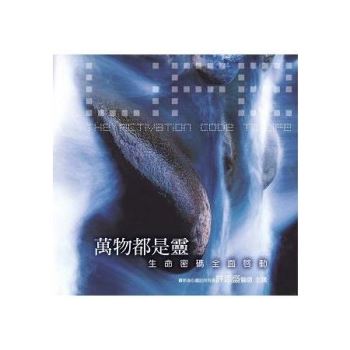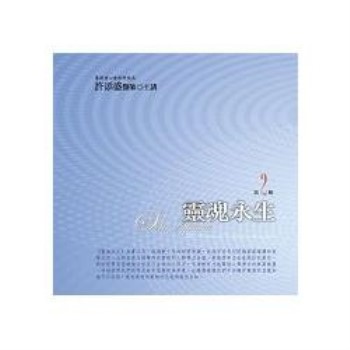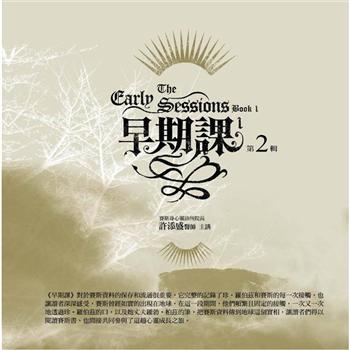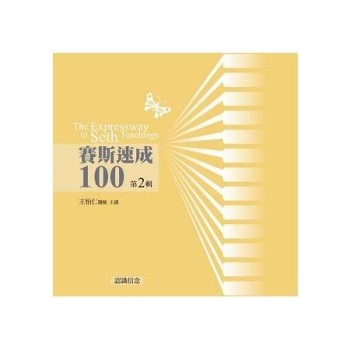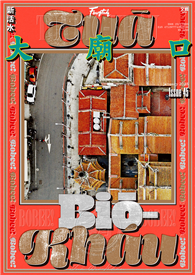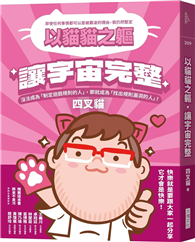Meat is the essential object dislodged in human-animal relations: in its commonplace, everyday ubiquity and distanced violence, it defies the innocuous or protective-paternalistic stance that we ordinarily take towards animals. Through looking at meat’s status as a fundamental and visceral part of human-animal relations--particularly its commodification and consumption--this book exhibits how animals fit into human discursive practices and how this discursive position determines our perspective of animals and, subsequently, our treatment of them. Modernity is a distinct stage of meat production and accordingly, the meat-commodity must be examined in all its contemporary specificity as an economic, linguistic, philosophical, psychoanalytic, and material object. Using theoretical prisms that have been largely overlooked in animal studies, such as Marxian analysis and Lacanian-Zizekian psychoanalysis, and rejecting popular approaches, such as analogical thinking and effacement of human-animal difference, this book offers new insights into the meat-commodity--and new ways to orient ourselves towards animal life and death.
| FindBook |
有 1 項符合
Interpreting Meat: Theorizing the Commodification and Consumption of Animals的圖書 |
 |
Interpreting Meat: Theorizing the Commodification and Consumption of Animals 作者:Duncan 出版社:McFarland & Company 出版日期:2024-12-27 語言:英文 規格:平裝 / 160頁 / 22.86 x 15.24 x 0.81 cm / 普通級/ 初版 |
| 圖書館借閱 |
| 國家圖書館 | 全國圖書書目資訊網 | 國立公共資訊圖書館 | 電子書服務平台 | MetaCat 跨館整合查詢 |
| 臺北市立圖書館 | 新北市立圖書館 | 基隆市公共圖書館 | 桃園市立圖書館 | 新竹縣公共圖書館 |
| 苗栗縣立圖書館 | 臺中市立圖書館 | 彰化縣公共圖書館 | 南投縣文化局 | 雲林縣公共圖書館 |
| 嘉義縣圖書館 | 臺南市立圖書館 | 高雄市立圖書館 | 屏東縣公共圖書館 | 宜蘭縣公共圖書館 |
| 花蓮縣文化局 | 臺東縣文化處 |
|
|
圖書介紹 - 資料來源:博客來 評分:
圖書名稱:Interpreting Meat: Theorizing the Commodification and Consumption of Animals
內容簡介
作者簡介
Teddy Duncan, Jr. is a professor at Valencia College in Orlando, Florida. His scholarly work on subjects such as literary theory, Lacanian psychoanalysis, and philosophy has been published in the International Journal of Zizek Studies, Between the Species, The Latin American Literary Review, and The Midwest Quarterly.
|
